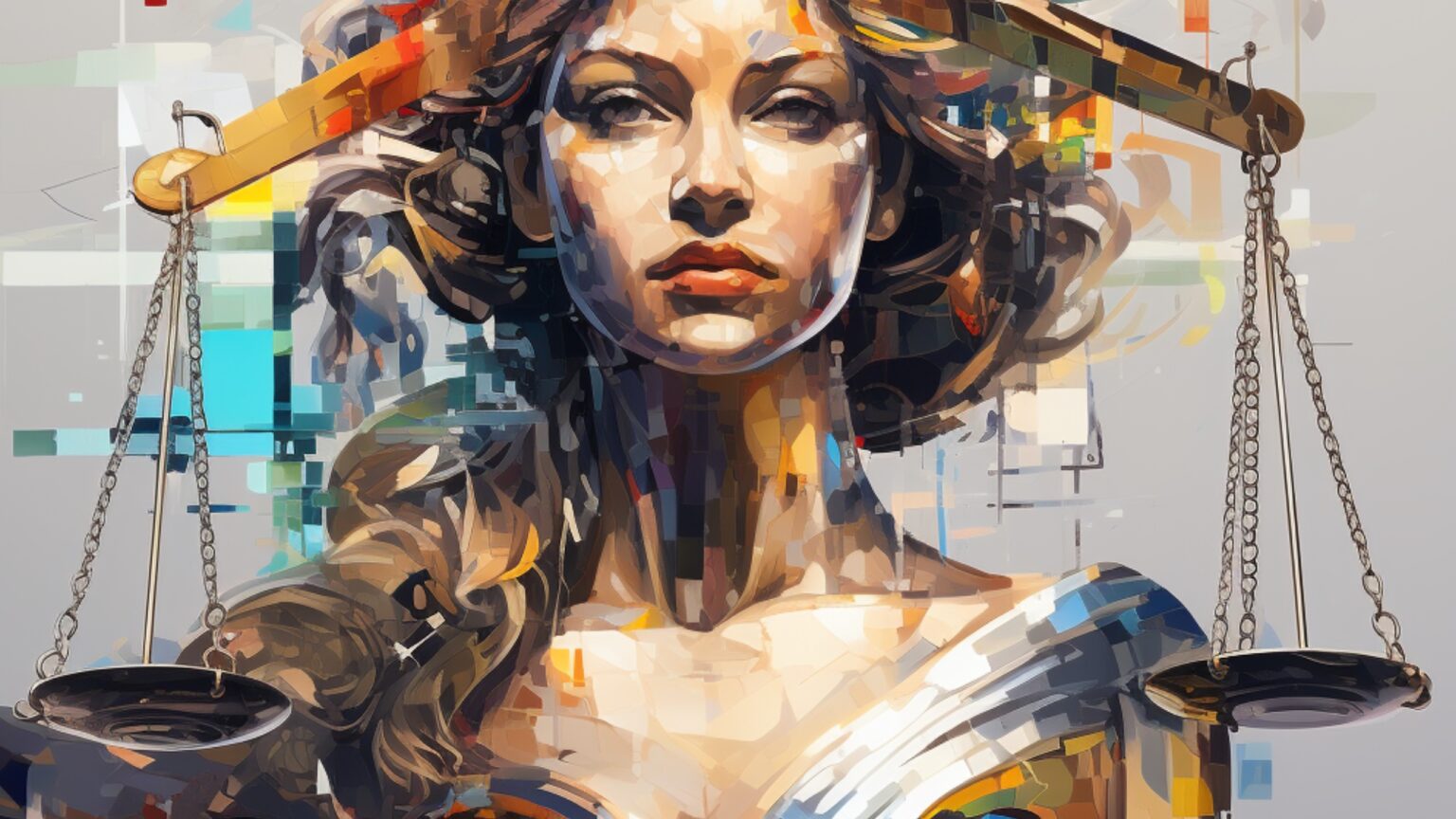On October 30, a United States judge mostly sided with artificial intelligence (AI) firms Midjourney, DeviantArt, and Stability AI in a class-action lawsuit filed by artists alleging copyright infringement.
This move marks a significant moment in the ongoing debate over AI-generated art and intellectual property rights.
A Striking Blow to Artists’ Rights
California District Court Judge William Orrick issued an order on October 30, dismissing the lawsuit for its numerous deficiencies. Nonetheless, he allowed one of the class-action members to proceed with their copyright infringement claim against Stability AI. The rest of the class has a 30-day window to amend their lawsuit and provide more substantial proof to back their claims.
US judge deals blow to artists in copyright suit over AI generated art: A judge mostly sided with Midjourney, DeviantArt and Stability AI’s bid to dismiss the artists’ class action lawsuit that accused the firms of copyright… https://t.co/MT6kxAquSO #CryptoNews #crypto #Bitcoin pic.twitter.com/D8WDEBCb37
— @zimisss (@zimisss) October 31, 2023
The artists initially filed the lawsuit in mid-January, accusing Stability AI’s model, Stable Diffusion, of scraping billions of copyrighted images to train the software without permission. Furthermore, they claimed that DeviantArt incorporated Stable Diffusion on its site, possibly copying millions of images without proper licensing and violating its terms of service.
Examining the Copyright Infringement Claims
Judge Orrick raised doubts about the artists’ copyright infringement claims. He mentioned that it’s “not plausible” that the AI-generated images derive from copyrighted images. He further stated that he was “unconvinced” and challenged the class to demonstrate that the generated images closely resemble the artists’ original works.
This ruling highlights the complexities involved in copyright infringement cases against AI firms. It also underscores the need for more straightforward legal frameworks to address these challenges.
Similarly, the Biden administration has issued an executive order to set new AI safety and security criteria. This action reflects a rising understanding of the potential hazards and problems offered by AI technology, especially concerns relating to intellectual property rights and copyright infringement.
Joe Biden says he'll be introducing an executive order to regulate AI, because he's concerned about it being used to spread fake news and be used for deep fakes.
The Biden Administration considers everything they disagree with fake news. pic.twitter.com/j3Xlk3T87G
— Free Speech America (@FreeSpeechAmer) October 30, 2023
The directive establishes six fundamental principles aimed at ensuring the ethical use of AI inside the government, protecting consumer privacy, and encouraging responsible AI technology development.
Similar Legal Challenges Across the Industry
The case against Midjourney, DeviantArt, and Stability AI is not an isolated incident. Moreover, similar legal actions are ongoing against other AI firms, including a class-action lawsuit filed by the Author’s Guild against OpenAI and suits filed by Universal Music Group against Anthropic.
These cases collectively underscore the urgency for clear legal guidelines and standards to govern the use of AI in content creation, safeguarding the rights of creators while fostering innovation.
Navigating the Complex Landscape of AI and Copyright
As AI continues to transform the landscape of content creation, the legal challenges associated with it become increasingly complex. The ruling in favor of Midjourney, DeviantArt, and Stability AI, although a setback for artists, highlights the need for more robust evidence and more explicit legal frameworks to address copyright infringement in the age of AI.
Furthermore, the executive order from the Biden administration indicates a broader shift towards ensuring the safe and ethical development of AI technologies. This balancing act between fostering innovation and protecting intellectual property rights will undoubtedly remain a key focus for policymakers, legal experts, and the creative community in the future.









 and then
and then